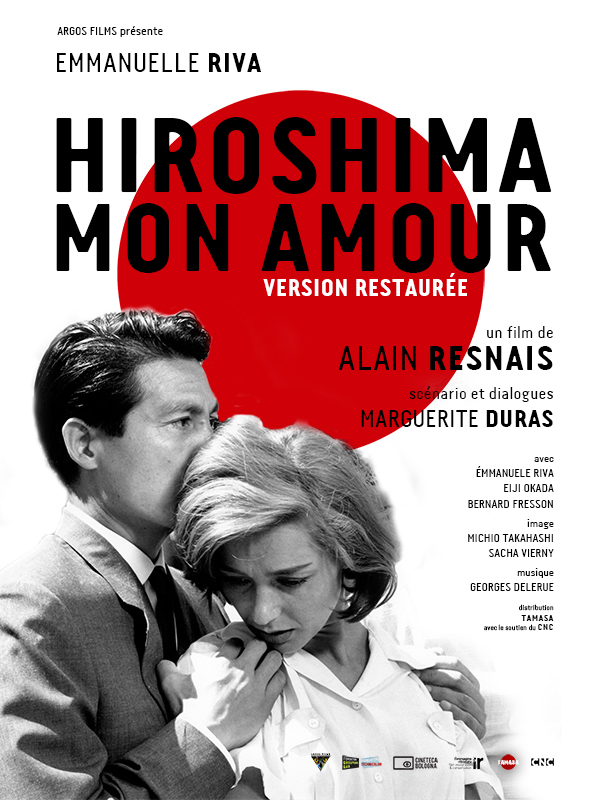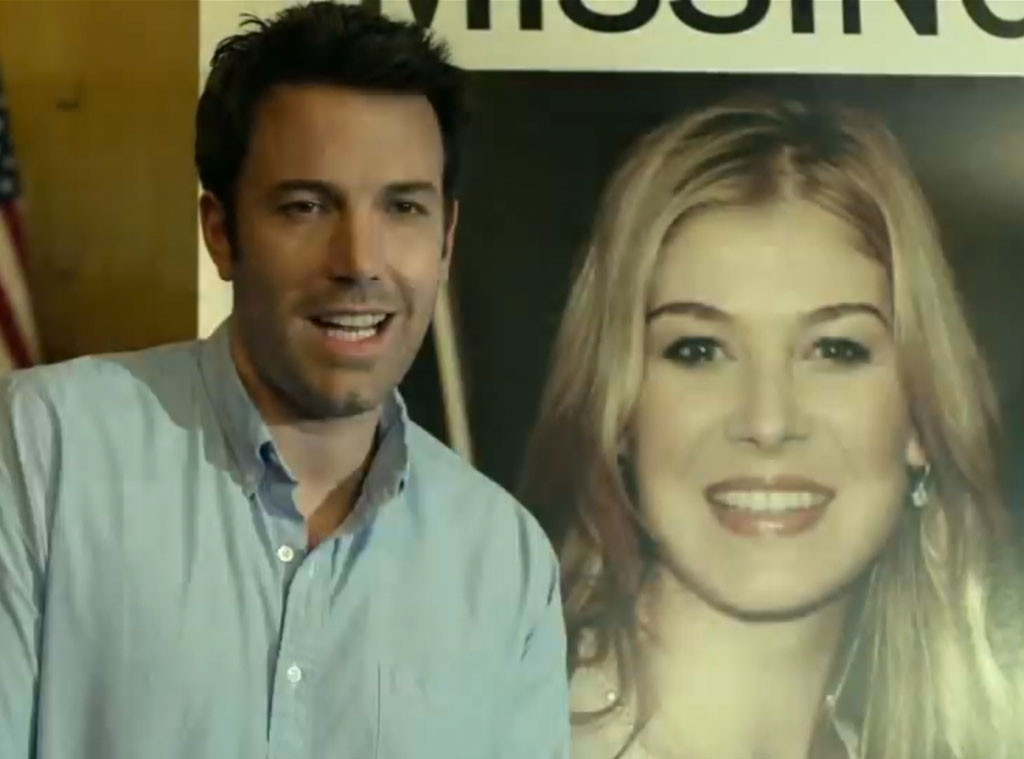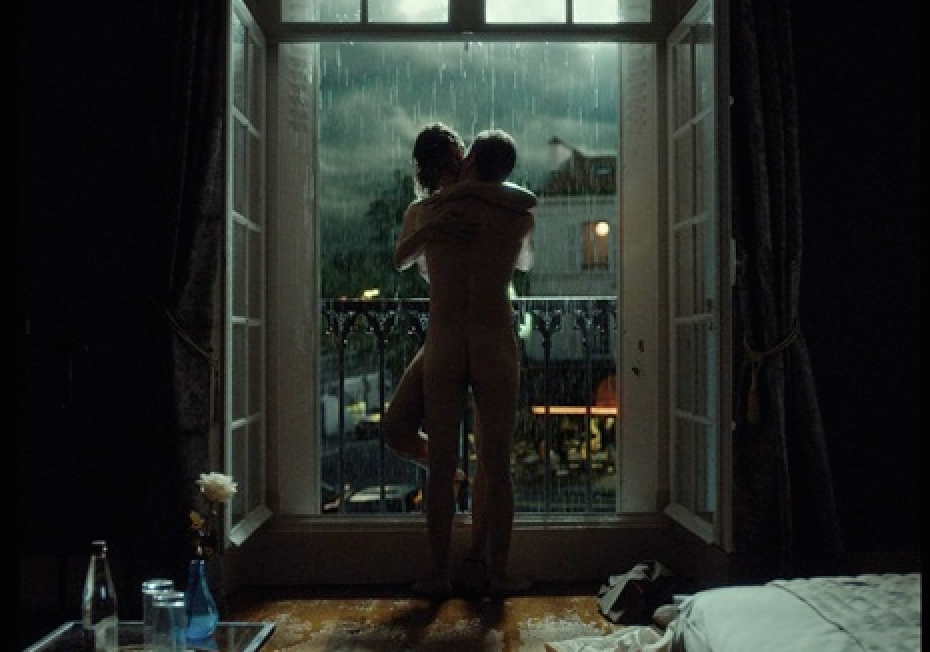 I’d always suspected I would swoon over “Hiroshima Mon Amour” (1959). It is directed by Alain Resnais, who was riding high on the French New Wave. It is written by Marguerite Duras, the French symbolic novelist widely acclaimed as a landmark feminist even if she never identified as one. It is the screen debut of Emmanuelle Riva, who was nominated for a 2012 Oscar for her harrowing performance in “Amour.” But because I thought streaming this classic on a small screen would be like eating caviar on a hamburger bun, I stayed away. Now, fifty-five years after its initial release, Rialto Pictures has acquired the U.S. distribution rights. It turns out seeing “Hiroshima Mon Amour” on a big screen is a revelation worth the wait.
I’d always suspected I would swoon over “Hiroshima Mon Amour” (1959). It is directed by Alain Resnais, who was riding high on the French New Wave. It is written by Marguerite Duras, the French symbolic novelist widely acclaimed as a landmark feminist even if she never identified as one. It is the screen debut of Emmanuelle Riva, who was nominated for a 2012 Oscar for her harrowing performance in “Amour.” But because I thought streaming this classic on a small screen would be like eating caviar on a hamburger bun, I stayed away. Now, fifty-five years after its initial release, Rialto Pictures has acquired the U.S. distribution rights. It turns out seeing “Hiroshima Mon Amour” on a big screen is a revelation worth the wait.
It begins with two voices murmuring over images of the aftermath of the Hiroshima atomic bombings. The female describes what she remembers of the disaster; the male denies her reality: You saw nothing in Hiroshima. Nothing. Because we are seeing images that support her memories, we are inclined to believe her, especially as the photographs of burnt, mutilated bodies, buildings, and fields are intercut with close-ups of two naked bodies, artfully arranged, artfully entwined. It seems obvious, or at least predictable: The woman’s reality is being undercut by her domineering male lover. As the two continue their back-and-forth – I saw this/ No, you did not – we begin to be lulled by the rhythm of conversation and imagery, as horrific as some of it is. Continue Reading →


